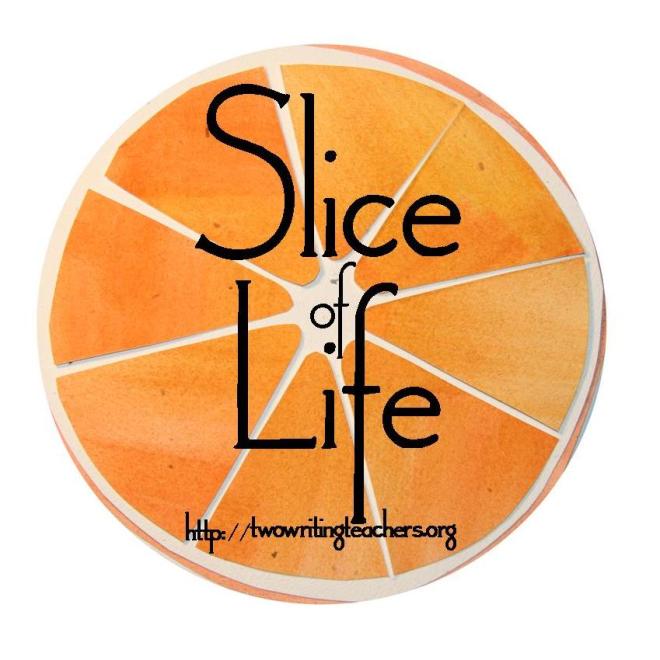Today was day five (of six) of Advanced Cognitive Coaching, and I am struck by my own capacity to engage with such sustained attention to the highest level of nuance in a coaching conversation. It reminds me of writing, in the way each word matters, in the way a writer gets stronger through practice, reflection, and revision. Feedback offered and received. We spent the entire day on the second half of a problem resolving conversation. (Day four was the first half.) I am fascinated by the intentionality of it all, driven to sharpen my edges, curious to find just the right invitation, opening, insight. “You’re _______, because _________. You want __________, and you’re looking for a way to make that happen.” Paraphrase here, but don’t ask questions— the goal is to move the coachee forward, not to dwell in the problem. Distress to eustress. Now it’s question time: Surface those states of mind, deep structure— values, beliefs, mental models. Paraphrase. Pause. Listen, listen, listen (always). Repeat. How do I know when I’m done? With the conversation? Look for evidence of cognitive shift— body language gives it away every time. With this coach learning? Never.


I am right there with you. I could take CC a million times and still find something (everything) to work on. I love the “Distress to eustress.” Of this day. This is such a great reminder of the power and intention in these moves captured through the power an intention of your words.
LikeLiked by 1 person
Thanks, Morgan! Your affinity for this kind of craftsmanship is something I appreciate about you.
LikeLike
It’s so interesting to learn about this method of coaching through your poem. What a wonderful way to synthesize new information! Now I want to take the course. 🙂
LikeLiked by 1 person
I highly recommend Cognitive Coaching (and Advanced Cognitive Coaching). It has been foundational for my stance as a coach. And as Morgan commented here, there is always a new layer to learn and apply!
LikeLike
This sounds fascinating!
LikeLiked by 1 person
I really appreciate the intentionality of your words in this slice and in cognitive coaching. I’m not trained, but I’m hanging onto every word and want to learn more.
LikeLiked by 1 person